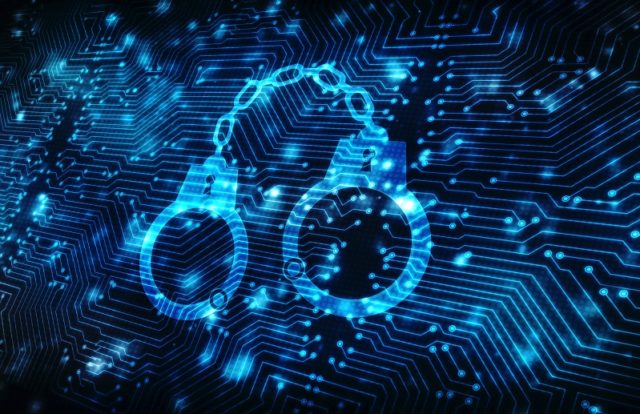
With an aim to reduce the number of young hackers ending up in jail, the Police in the United Kingdom and the Netherlands have launched a new legal intervention campaign dubbed ‘Hack_Right’. The new initiative, which is rolled out in the UK, is intended to educate 12-23-year-old hackers, who are committed cybercrimes due to ignorance.
According to the European authorities, the new legal intervention campaign has already helped 400 young hackers in the UK, the Cyberscoop reported.
“We do this … to get out and find them and get them into computing clubs before we have to investigate someone and lock them up,” said Gregory Francis, acting national prevent lead at the National Cyber Crime Unit. “Cybercrime is not a law enforcement problem. It’s a societal problem.”
As per the new legal campaign, instead of charging legal penalties, the hackers are offered a cyber-community-service option that consists of 10 to 20 hours of ethical computer training. Also, the police officials put them in touch with security professionals from the tech industry who will help them with their career prospects to play by the rules.
In order to qualify for the campaign, the suspects must confess to their crimes and should be willing to change their criminal path.
Different countries follow different approaches to cybercriminal enforcement. Recently, Bulgarian police released a 20-year-old hacker who is accused of hacking the country’s National Revenue Agency, and accessing information about 5 million people. The police arrested the suspect on July 17,2019, and has launched an investigation to know the damage occurred due to the incident. “We have a suspect that has been detained,” the Bulgarian police said in a statement.
It’s believed that the compromised data belonged to the country’s National Revenue Agency (NRA), a department of the Bulgarian Ministry of Finance. Boyko Borissov, the Bulgarian prime minister, called an emergency meeting after the cyber-attack, the Capital.bg reported.
Vladislav Goranov, the Finance Minister of Bulgaria, said the stolen data included names, personal data, personal identification numbers, addresses, and financial earnings of individuals and companies. Goranov stated their government has requested help from the European Union’s cybersecurity agency.










